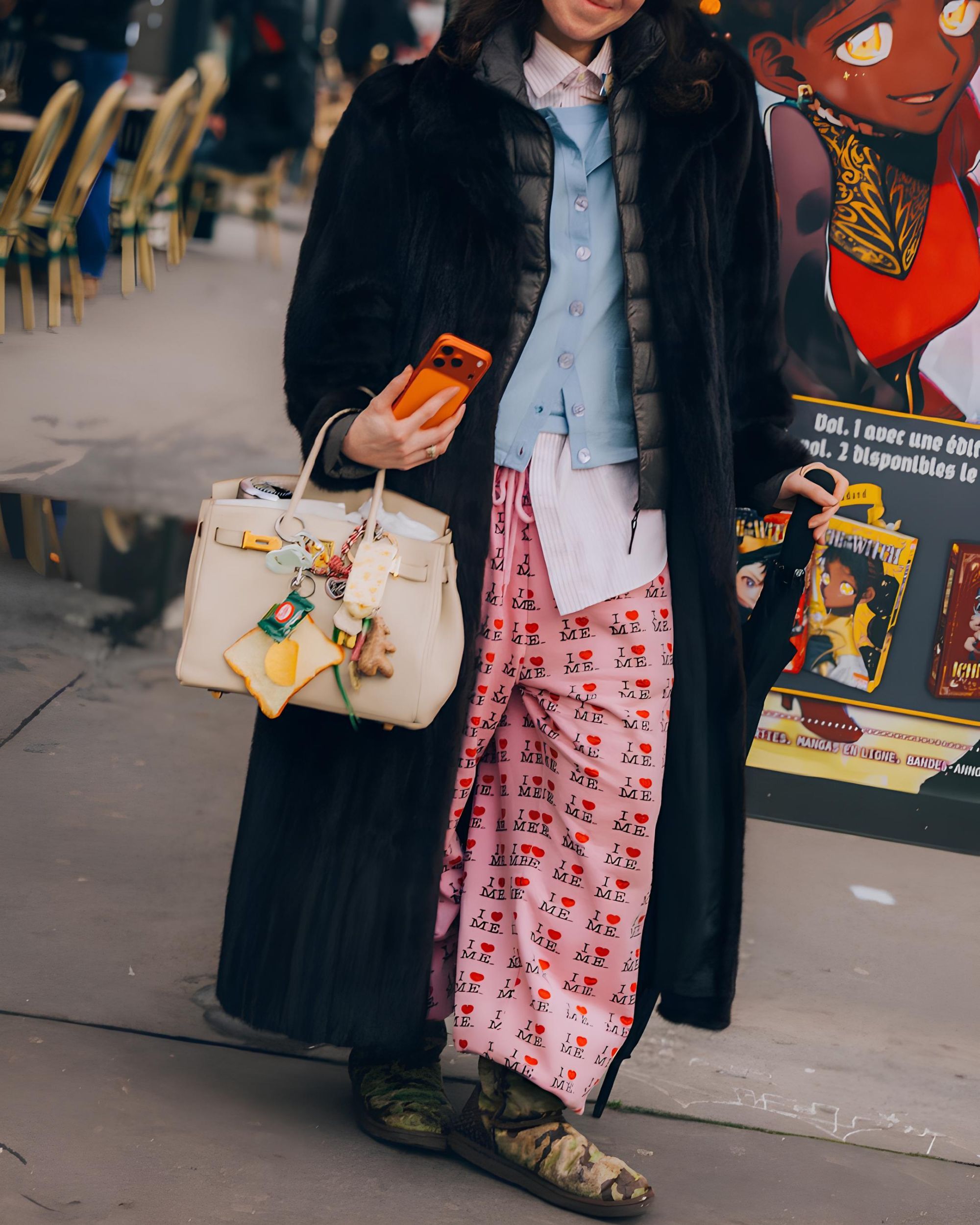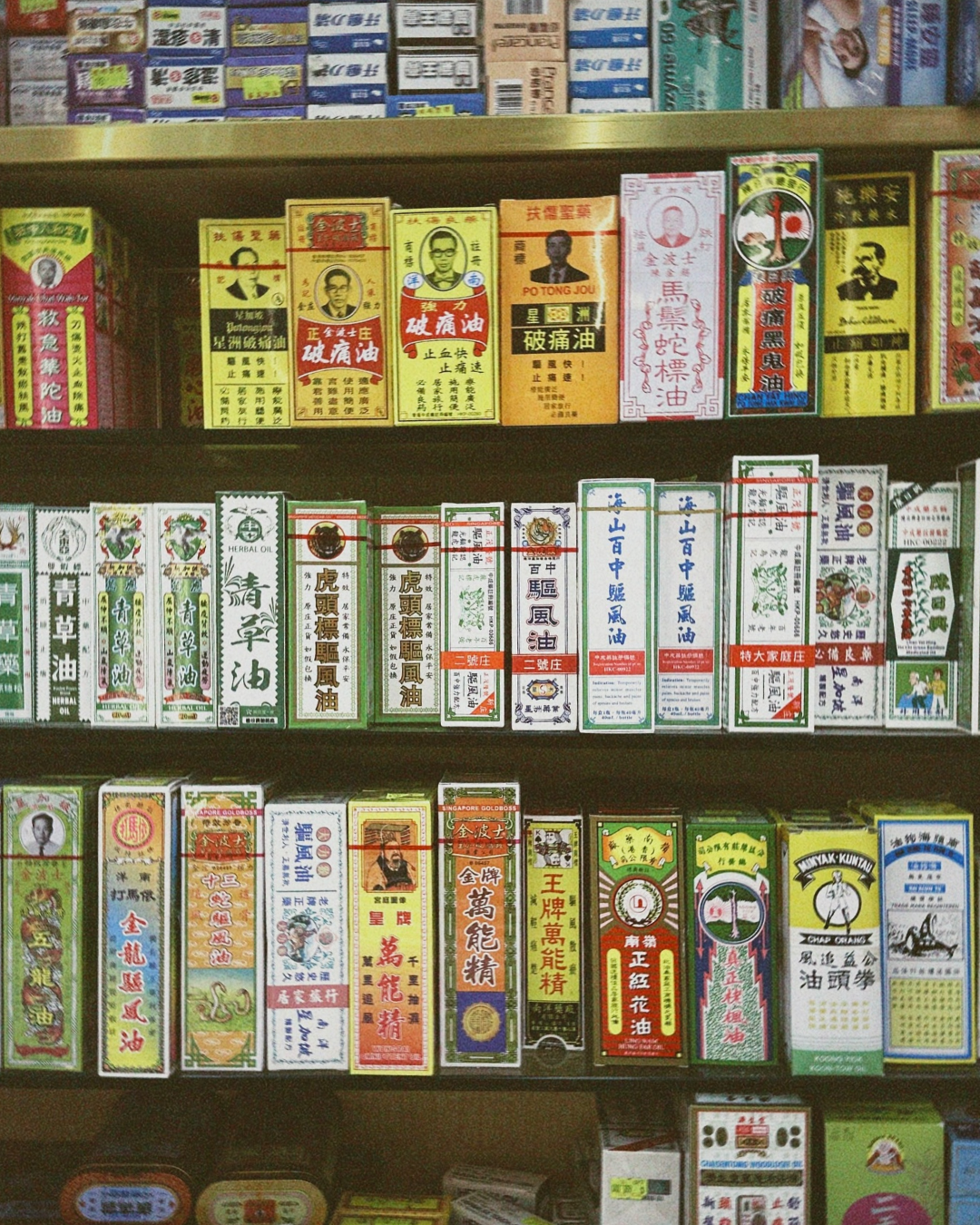
Being an influencer is an hard work As several creators on TikTok have pointed out, sparking heated controversy
Tone-deaf is an adjective that is becoming more and more used in the English language, especially when it's used to refer to the statements or opinions of a public figure who approaches a topic or audience without paying special attention to the circumstances and consequences of their words.
Tone-deaf is indeed the expression that best describes a video, later deleted, by American tiktoker Tara Lynn. Lynn, a creator with nearly 5 million followers, and a profile characterized mainly by short dancing videos, funny sketches, and make-up tutorials - it's important to bear in mind - ironically joked that the arrival of BeReal has highlighted how many people, too many in her opinion, spend their days in bed, doing nothing, lounging around. "Does anybody have a job? Does anybody work?" said Lynn, quoting another criticized video that starred Kim Kardashian.
@robbiesmoonmusic #stitch with @tara lynn of all the things lacking in this country, people working tirelessly is NOT one of them. #capitalism #taraswrld #bereal #influencer #9to5 #opinion It's Corn - Tariq & The Gregory Brothers & Recess Therapy
Needless to say, the shit storm that ensued, also because the video went viral as another heated discussion was taking place on TikTok, sparked by the complaints of several creators who called the job of influencer hard and stressful. While the confessions from girls who had failed to make content creation a job had been met with some sympathy, the understanding here was far less. And it was other influencers themselves who called out their colleagues: from Yasmin, who revealed that it only takes 10 minutes to take pictures and earn thousands of dollars, to Miki Rai, 2.4 million followers on TT, who before being a creator is a nurse, who wanted to make it clear how even the worst day as an influencer will never compare to a normal day in the hospital.
@mikiraiofficial #stitch with @danicalleiro I make more money from one brand deal than I would if I worked 40 hours a week for a whole month as a #nurse. #influencer #creatoe original sound - Miki Rai
The controversy is a reflection of a moment of great change in the relationship between creator and audience. We are witnesses of an unprecedented level of intolerance, intransigence - if not outright hatred - of certain online personalities, with their obsessions, fixations, and complaints, embodied by trends such as Eat The Rich, or by films that portray, mercilessly, the decline of aspiring influencers, such as the comedy Not Okay, or the horror Bodies, Bodies, Bodies.
Here is where the adjective tone-deaf makes a comeback because complaining about one's work, however sacrosanct and legitimate, seems at least indelicate coming from a position of privilege, evident and flaunted, and in such a heavy climate of youth unemployment, world wars, and precarious mental health. This is not to demonize those who have made content creation their job, but, as the Americans would always say, to do a reality check. The clash, at least virtual, between online celebrities and audiences, according to an i-D article, could be traced to a social class issue, which certainly exists. Seeing what the 1% of the population does (and can afford to do) will only infuriate the other 99%, as the Chiara Ferragni and the helicopter aperitif-gate of a few days ago proved.
Especially in the fashion industry, moreover, what angers many is the objective lack of meritocracy. Why is it that someone with no particular taste, no obvious creative skills, no such deep commitment or passion (or who would have the financial means to buy luxury items), gets invited to shows, and events, and is showered with gifts and presents by the biggest Maisons in the industry? And while perhaps the right or wrong dichotomy is not the correct principle from which to approach the issue, this is certainly the immediate, natural, and "primitive" parameter by which one judges yet another Hermès unboxing video, watched, as always, from one's little bedroom.
It's clear that the "problem" is not just the creators per se, but the way they are launched, employed, and paid by industry, from fashion to entertainment, constantly looking for the next big thing, the next phenomenon, the next token to be used to prove of being woke. It's also clear that there are downsides to working as an influencer, just the thought of having to deal with hundreds of thousands of people every day, exposing yourself to criticism, judgment, and controversy, is certainly very stressful. But precisely because you are speaking to such a large audience perhaps it would be wise to calibrate more carefully what you say. After all, it's a public relations job, and you have to know how to handle it.















































